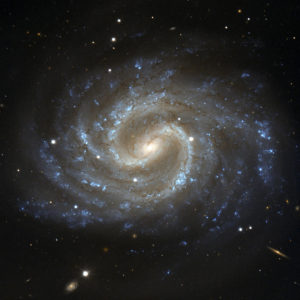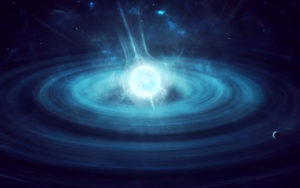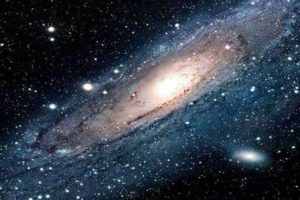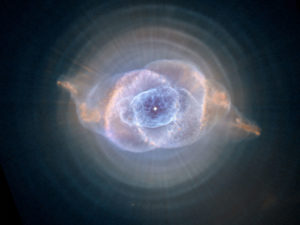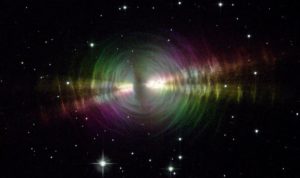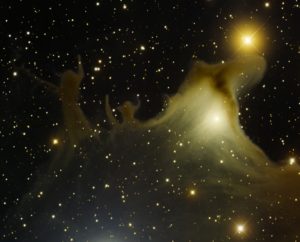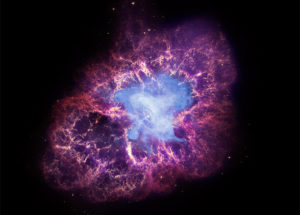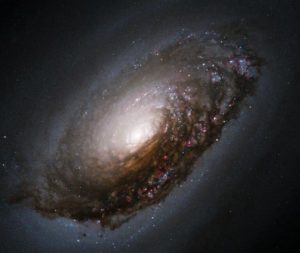Compass has a “stellar” Astronomy Club for space enthusiasts in 6th-12th grade. The full group will meet together for guest speakers or presentations. Other times, members will split into middle school (6th-8th) and high school (9th-12th) break-out groups. The group may have presentations from astronomers, physicists, or representatives from local astronomy/telescope clubs. They may also elect to plan outings to an observatory, planetarium, or area star-gazing event.
In break-out group, middle school students may discuss current or upcoming astronomical events and recent discoveries and conduct simulations or modeling to understand astronomical phenomena. The middle school group may also spend part of their gathering time participating in a citizen scientist project such as classifying images of galaxies or the surface features of planets.
The high school break-out group will explore pulsar science and radio astronomy by conducting original research and scientific analysis on data collected by the Green Bank Telescope as a high school Pulsar Search Collaboratory (PSC) Team. Teens who were certified on the PSC project in 2019 can continue to analyze PSC data sets; teens who are new to the club will have to complete online training taught by pulsar scientists, graduate students, and educators on the PSC staff before starting pulsar work. The online training will be completed during club meetings, and there will be some minor offline ‘homework’ before student team members are granted access to the data. No previous knowledge of pulsar data is necessary, just an interest in space and a commitment to collaboration as a team. Students may be asked to bring a laptop to some meetings. Read below for more information on the PSC program.
Meeting Schedule
The Astronomy Club will meet at Compass on alternating Tuesdays from 3:00pm-4:00pm. See the Compass calendar for specific meeting dates.
Organization/Training
The club will be facilitated by parent volunteers, a Compass science/math teacher, and an advisor who has gone through PSC training.
Other Activities
Any field trips or extra activities selected by the group will be pay-as-you-go.
Eligibility
Club members must be homeschooled middle school or high school students from the metro DC area. Students in the high school level must be minimum age 13 to participate in the PSC project. Members do not have to be current Compass students, however, non-Compass students may be asked to provide evidence of good standing as homeschoolers with their county’s current year acknowledgement/receipt of Notice of Intent and Evidence of Progress.
Sign-Up
All members must sign-up for the Astronomy Club online through the Compass Activity Fee page. There is a $15.00 activity/facility fee for Compass students and a $30.00 activity/facility fee for non-Compass students.
About PSC
Did you know that the world’s largest, fully steerable radio telescope, the Green Bank Telescope (GBT), is nearby in Green Bank, WV? Because of its sensitivity, this 100 meter dish is very important to the scientific community. In the last twelve years, 165 Terabytes of data have been collected by the GBT for the purpose of discovering new pulsars. The Pulsar Search Collaboratory (PSC) is a unique program which allows high school students to conduct authentic scientific research towards discovering new pulsars! Student PSC teams join an international community of scientists who analyze GBT data and conduct original research in pulsar astronomy. (Pulsars are rapidly spinning, highly magnetized neutron stars whose study has shaped the world’s understanding of astrophysics!) The PSC is collaboration between the Green Bank Observatory (formerly the National Radio Astronomy Observatory) and West Virginia University’s Center for Astrophysics that is funded by a National Science Foundation grant.
Student teams analyze new sets of data collected by the GBT. This data has been set aside specifically for PSC student projects, so it has not even been viewed by scientists! Teens will learn how to identify previously unknown pulsars and how to recognize and classify changes in known pulsars. PSC Teams that make significant scientific discoveries may choose to publish academic papers on their findings. Former PSC students discovered new pulsars and became published authors, before even graduating from high school.
PSC teams may be invited to an all-expenses-paid weekend Capstone seminar at WVU in May, where they can present their findings, interact with leading researchers, discuss their work with both scientists and other students, attend lectures, and learn to prepare a professional research poster. PSC members can also apply to attend a week-long extended summer research experience at the GBT. Students who commit to the project for two years can earn 3-6 college credit hours through their work.
For more information on student work through the Pulsar Search Collaboratory, see the documentary, “Little Green Men.”


